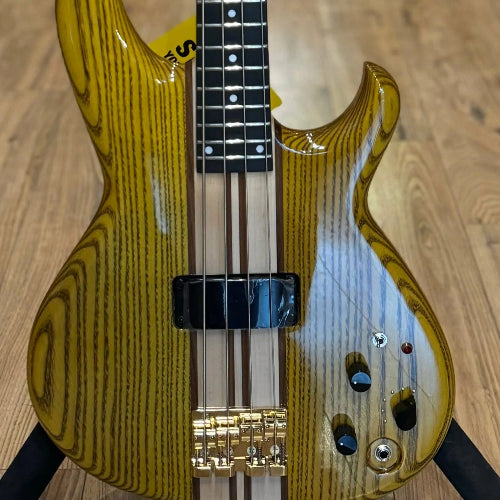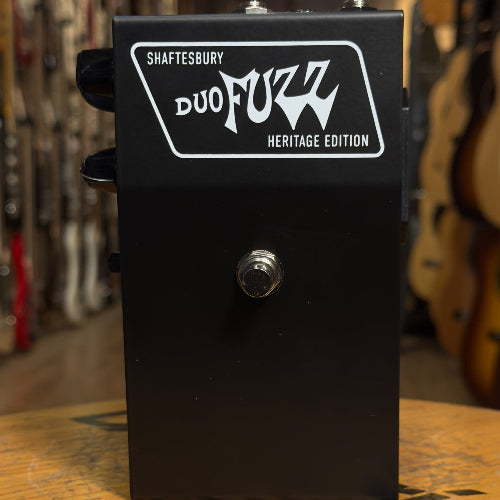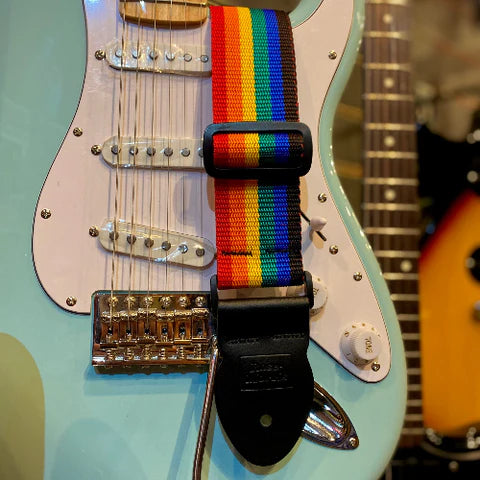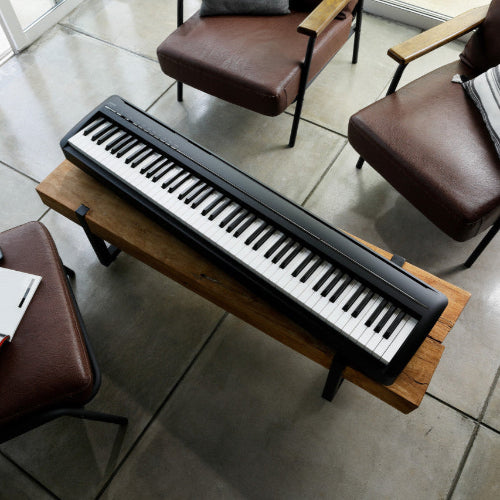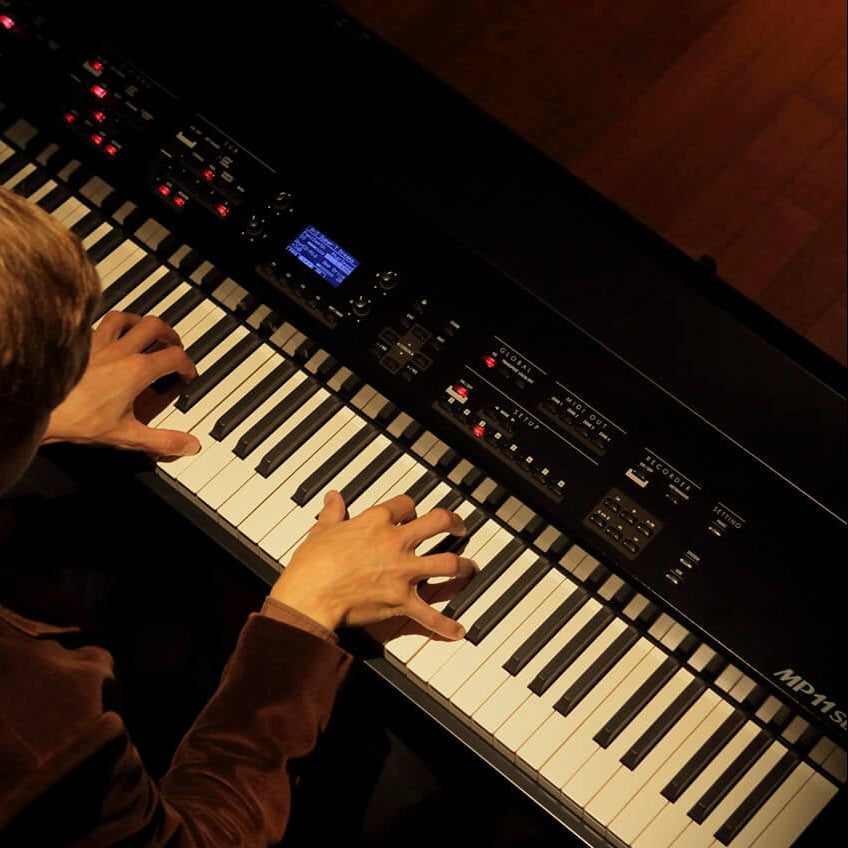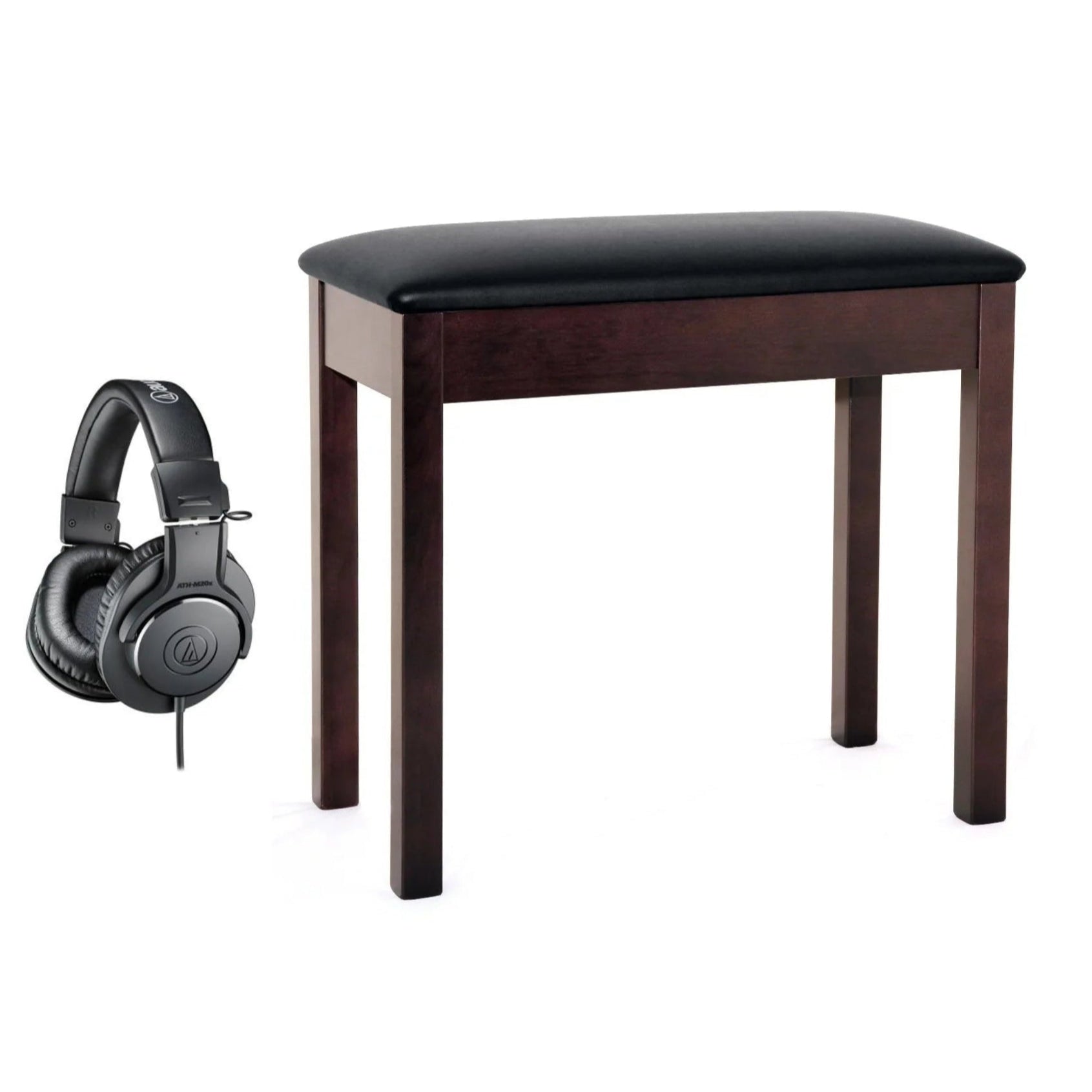In this form, Rose, Morris & Co. Ltd. faced the approach of the war. A flourishing wholesale business and a thriving young factory, keen and dedicated staff - all too soon to be put to the test of survival. The Munich crisis had given the warning, if warning was needed: staff shelters were organised, and some stock was moved into the country. Accounts were kept in duplicate, one set out of London, and for the time, being the business ticked over. The outbreak of war saw the gradual whittling away of staff, as, one after another, they took their posts in the services. Even so, the volume of trade was insufficient to enable those left to be retained by the company and it was necessary to dispense with the services of some.
The Sun Street factory was an early casualty, the top floor falling victim to an incendiary bomb (and the remainder to the activities of the firemen) but emergency repairs were organised, and with a much reduced staff production was resumed on a small scale.
The great fire raid on the City of London in December 1940 was the finish of the City Road building, which was destroyed completely. The few remaining employees trooped disconsolately round to Sun Street: there was little enough business to be done, and almost no stock remaining, and the directors might have been justified in calling a halt until the end of hostilities.
That, however, was not their decision; premises were found at Ironmonger Row, not far away: the task was now to keep the company in being, keep a nucleus of service going, to improvise in manufacture and supply a trickle of musical instruments to N.A.A.F.I. and similar outfits; music, after all, being one of the forms of entertainment favoured by the troops.
The Ironmonger Row building (five floors, like Sun Street - and almost as inconvenient) was soon to see bigger efforts. In association with Boosey & Hawkes Limited the company engaged in war work; instead of instruments of music, instruments of destruction... pull switches for explosive devices and limpet mines, together with other devices of a similar nature.
Staff, mostly women, were recruited from the surrounding district; firewatching rosters were organised (the building was never hit, though severely shaken on many occasions), and so Rose Morris continued remote from its normal sphere of activity, until the end of the war. The founder-directors were precluded by age from taking an active role in the war, though they did not shrink from a number of humanitarian services. Leslie Rose became a Chief Air-Raid Warden, and among his many other activities Stanley Rose became President of the Association of Musical Instrument Industries (a post he was to sustain for a record 13 years, doing much to re-establish the trade after the war). William Woolf went into the Army: his brother to the Royal Air Force; Roy Morris served in the Royal Navy and the Fleet Air Arm, Michael Berman in the National Fire Service.






